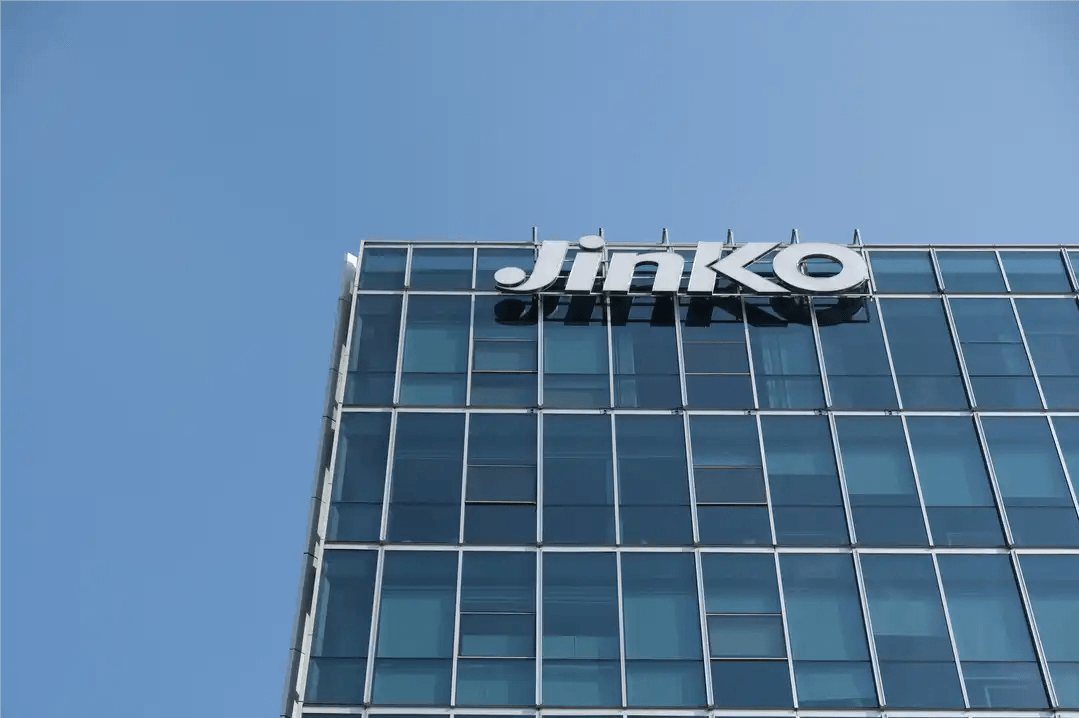Jinko Solar has revealed that n-type technology has the potential of replacing p-type technology by 2025. The company’s investor relations activity records indicate that it aims to have n-type modules account for 60-70% of its total shipments by the end of this year.

Dany Qian, Jinko Solar’s Vice President, revealed in an interview that the company’s production capacity of n-type cells is expected to reach 55 GW at the end of this year.
In terms of quality control and supply chain advantages, Qian expects Jinko Solar’s n-type TOPCon solar cell mass production average efficiency to reach 25.8% by the end of 2023 and more than 27% by 2024-2025.
As demand for high-efficiency modules is rapidly increasing, n-type products are gaining widespread recognition from the market for their “three highs and four lows” technological advantages: high efficiency, high power generation, high bifaciality; low degredation rate, low temperature coefficient, low BOS cost, and low levelized cost of electricity (LCOE).
With increasing demand, nearly all tenders in recent module procurement bids for PV power projects from state-owned enterprises in China had a separate section for n-type modules, with the proportion reaching as high as 50%.
Industry sources said that despite the price of n-type TOPCon modules being higher than that of PERC modules by 0.15 yuan/W, they still have a lower LCOE.

Jinko Solar was one of the first companies to initiate 10 GW or more expansion of n-type solar cell and module production. In 2022, the company’s module shipments reached 44.33 GW, of which over 10 GW were n-type, accounting for half of the entire industry’s n-type TOPCon module shipments.
In Q1 2023, Jinko Solar’s total module shipments were around 13 GW, making it the industry’s top performer, with n-type shipments surpassing 6 GW, representing over 46% of their total shipments.
As part of its long-term strategy, Jinko Solar announced on May 24th that it will invest approximately RMB 56 billion (USD 8.7 billion) in building a vertically integrated production base with an annual capacity of 56 GW in Shanxi Province, China.
Qian is optimistic about the future of n-type technology, saying “It is projected that by the end of 2023, the production capacity of n-type products will reach around 130 GW, accounting for 30% of global module demand.”
She further stressed that currently all the new production capacity added in the industry has adopted n-type technology, and by 2025, n-type products are expected to fully replace p-type products.


